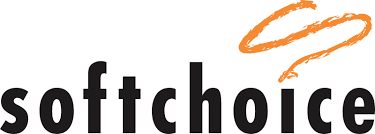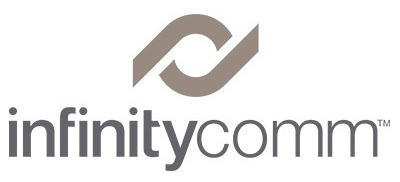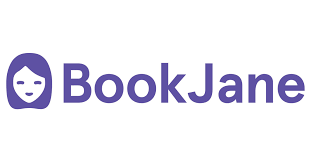How to Write Jargon-Free (and Help Others)
by Susan Varty, Managing Partner
I know what you’re thinking. You may have a few people you would like to send this post to after you look in the mirror … so be bold and share!
Jargon, as defined by Oxford, are special words or expressions used by a profession or group that are difficult for others to understand.
Jargon, acronyms, and awkward, industry specific words and phrases simply create confusion and barriers to understanding. To write with clarity, less jargon is more.
But where do you draw the line?
You can’t write in such a basic way to waste your audience’s time and you can’t assume your reader is an insider in the industry!
You need to take a stand. But before you spend hours on edits, use these strategies to reduce jargon or perhaps go jargon-free completely.
- Put yourself in your reader’s shoes. The best way to do this is to have someone else read your material. A co-worker, a spouse, anyone who is not the author. This will give you an outsider’s perspective no matter what their industry and sometimes, no matter what their age!
- Read it out loud. Saying acronyms out loud and other terms can reveal how silly it is to use them. This will also help to identify awkward phrases.
- Switch out the author’s name. When you think about assigning someone else’s name as author, how does the context change? This technique can help you change your point of view to identify phrases that may not make sense when assigned to someone else. Sometimes it’s a good thing if you can assign another author, such as for website copy. Sometimes it would be horrible, such as an opinion piece.
- Speak, don’t type. When you use a dictation device or recording to draft your work; you are more likely to write the way you speak, making it generally easier to understand.
- Create a dos and don’ts list. If some jargon and acronyms MUST be included, develop a dos and don’ts list and be vigilant.
- Defer to your audience. If someone has sent you something full of jargon, ask them to assume their audience is starting out in their career so they need to explain all the terms. If they push back and say it is fine the way it is, establish a peer review process to ensure your audience is treated as the priority.
- Show them your competitor’s content. If your competitor is publishing clear messages that appeal to everyone, jargon-free – show and tell. It may help others recognize how jargon excludes people from understanding what you have to offer. However, there may be terms you need to be sure to keep for those doing searches online.
P.S. Bonus tip from Michelle Kostya: look for any unnecessary words and remove them. If the sentence can do without – leave it out. Often it just might be jargon!
What other techniques do you use?
Where do you stand on jargon? Let us know.
photo credit: gmayster01 on & off … ” Intuition “ via photopin (license)
All PostsSome
Clients


















































LET’S TALK!
HeadStart is an extension of your team to help you finish your content projects. Call 1.416.712.4440 or contact us.


